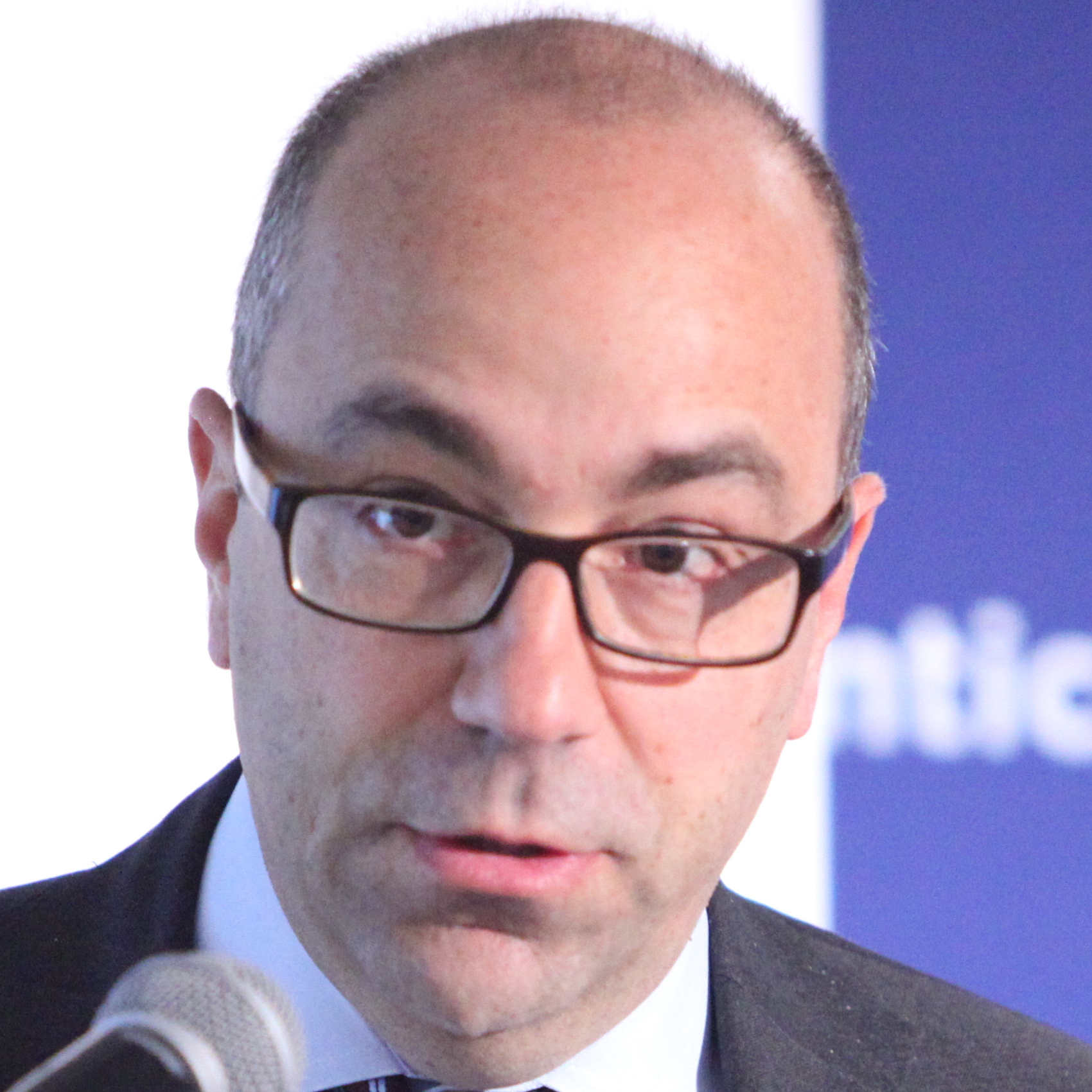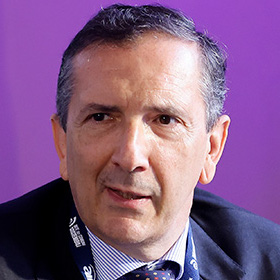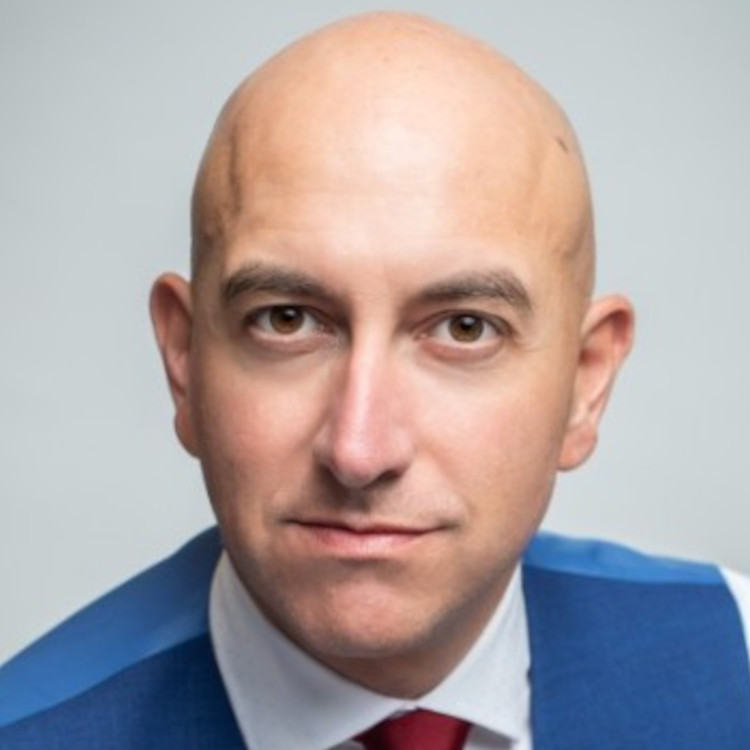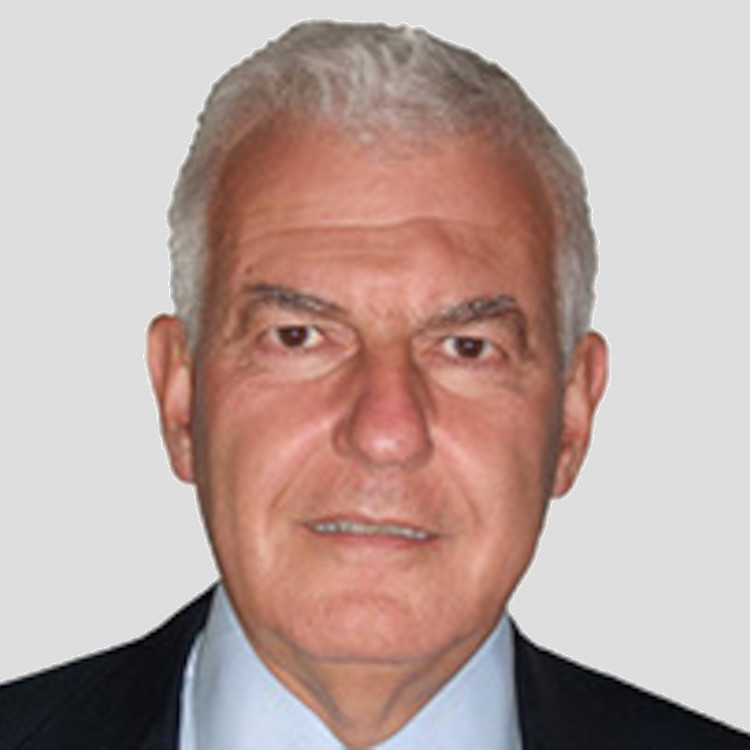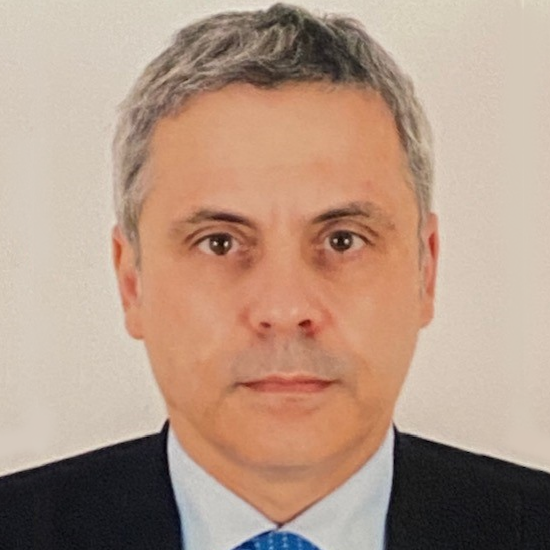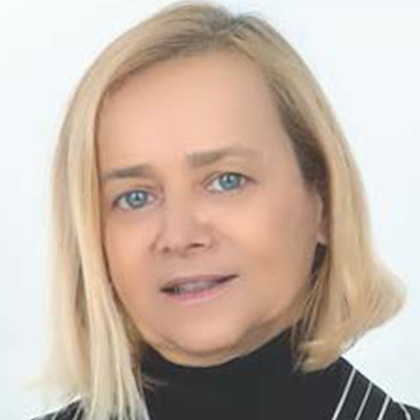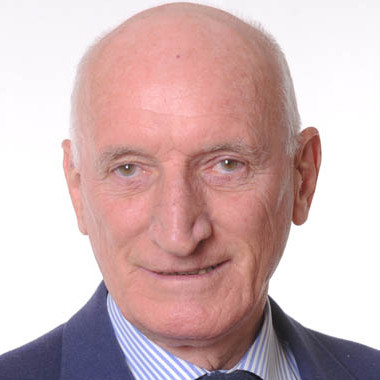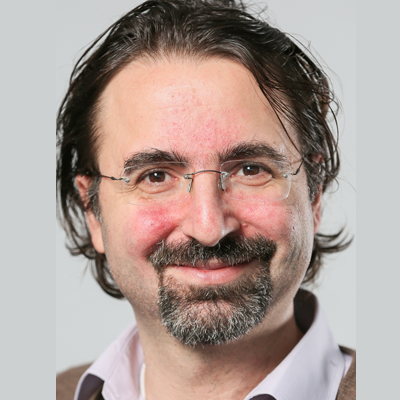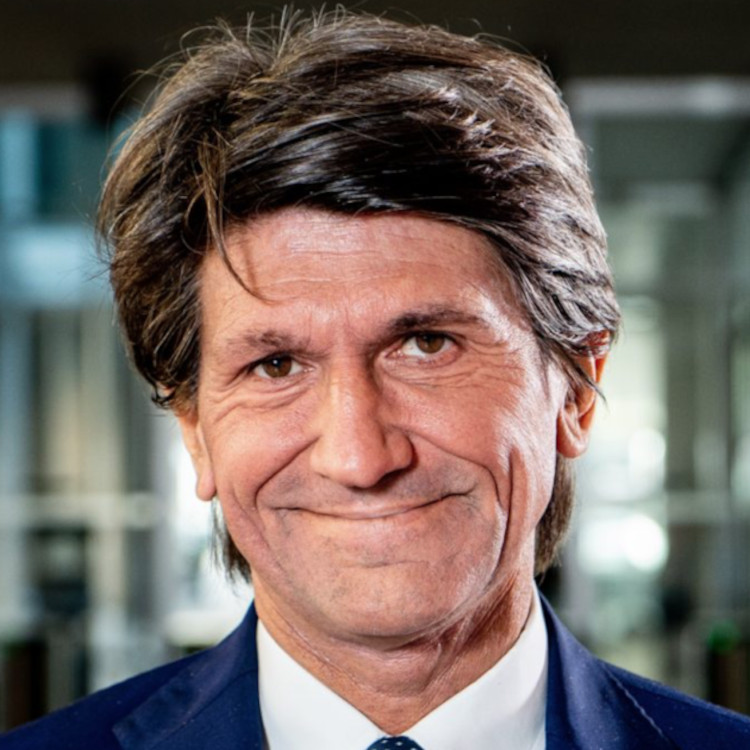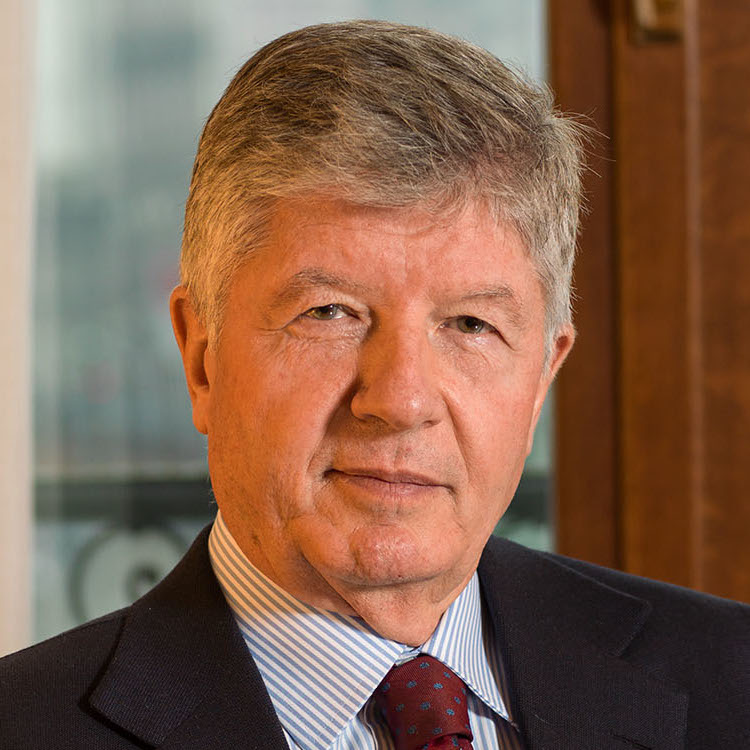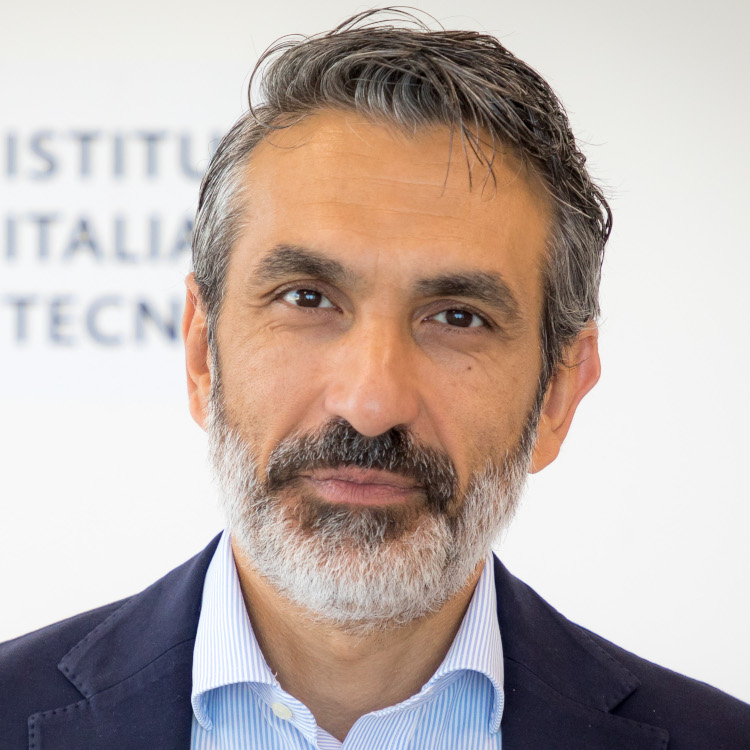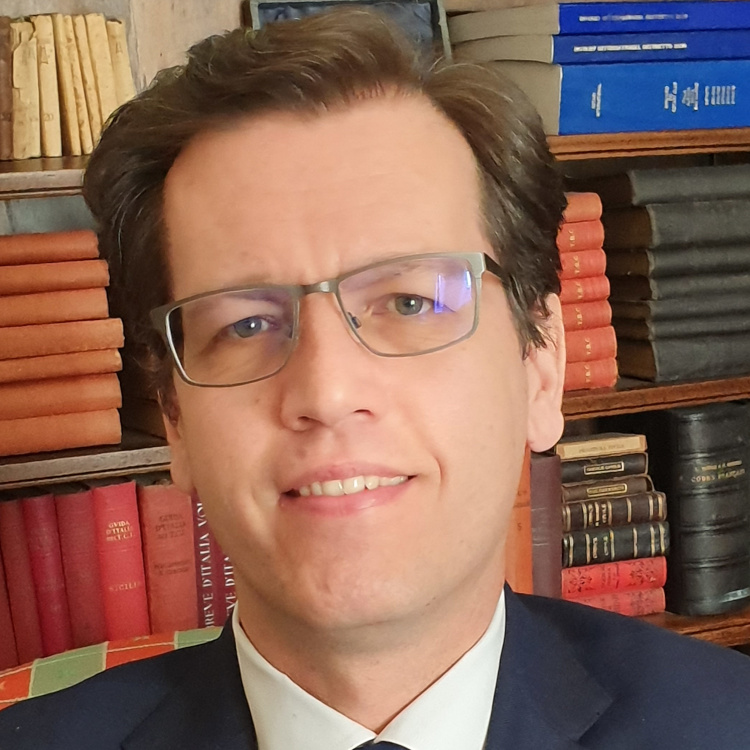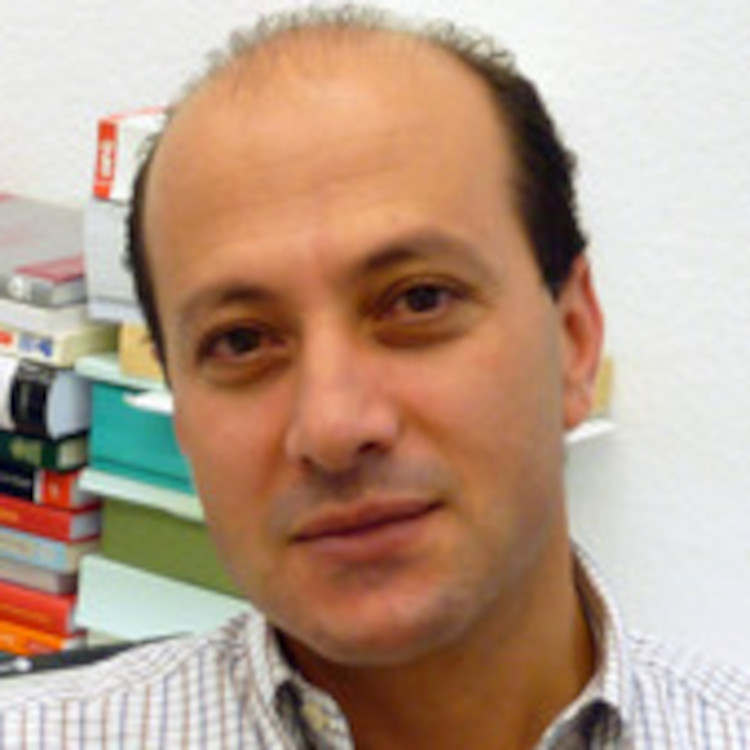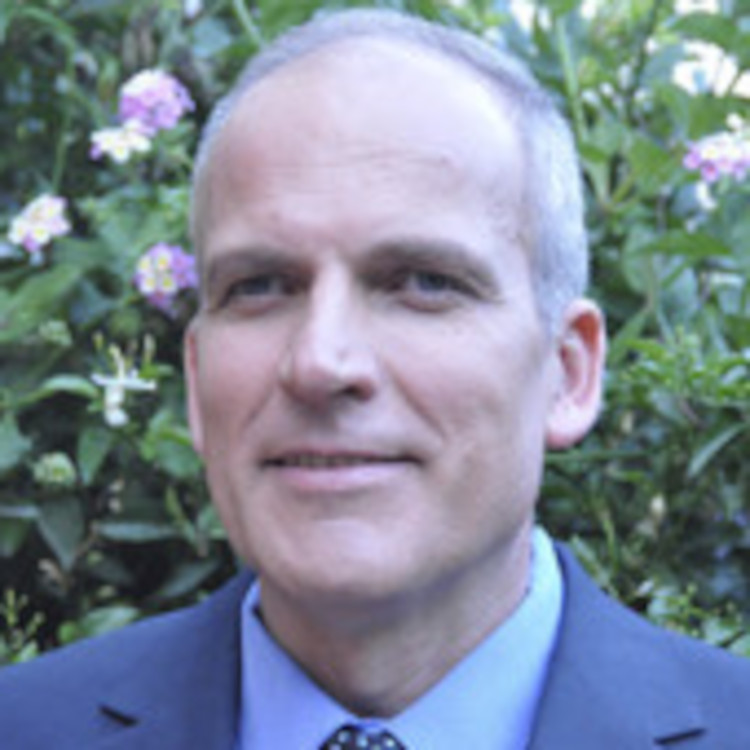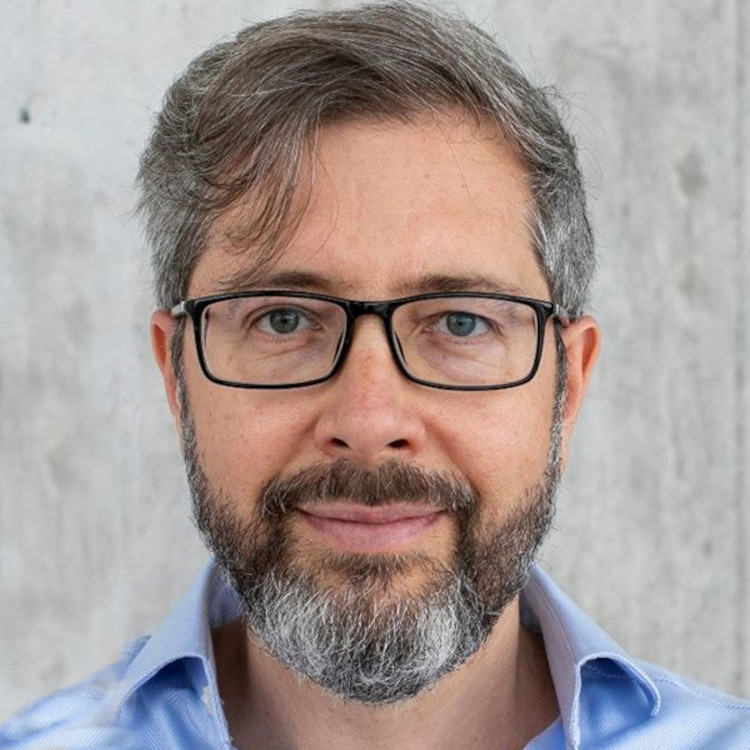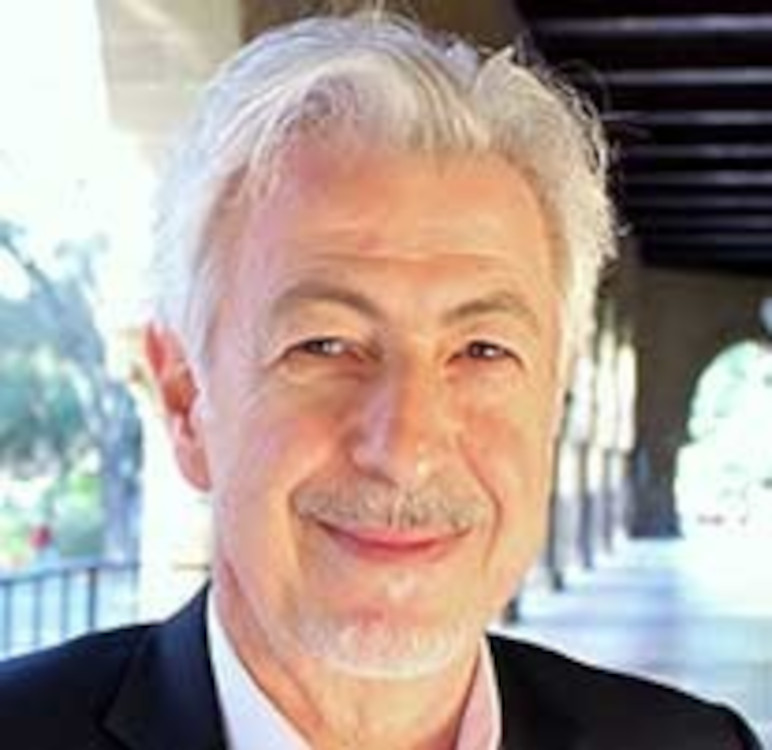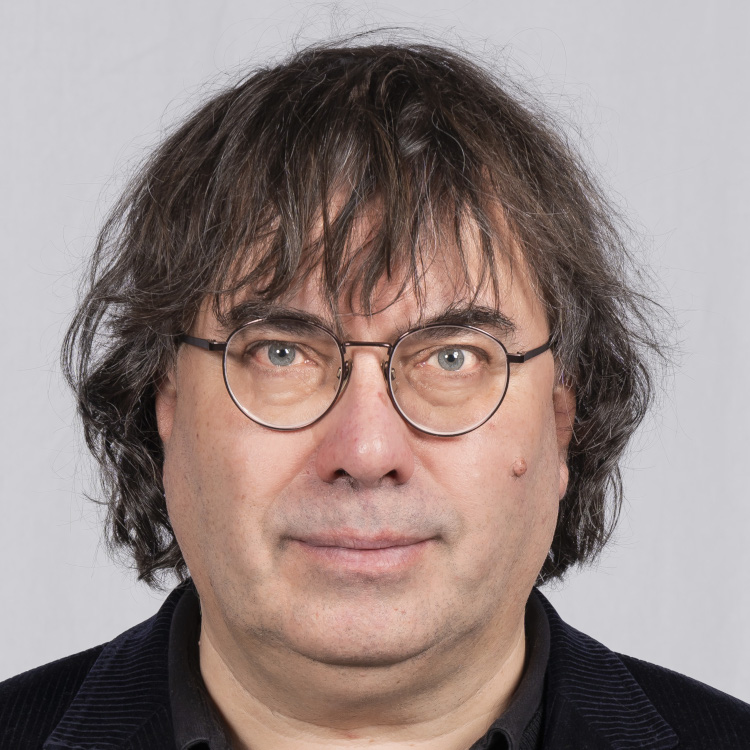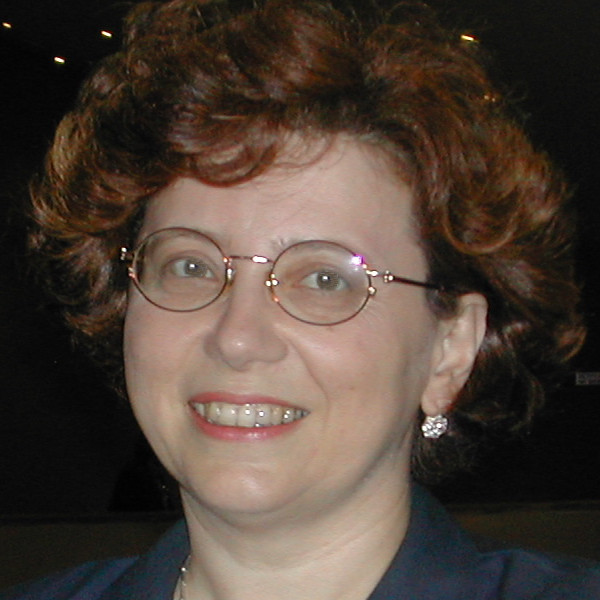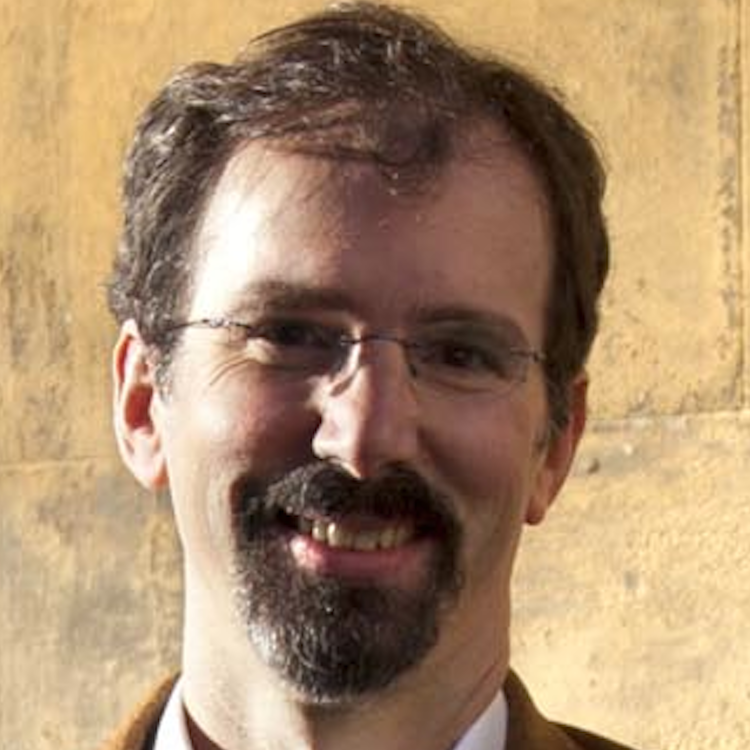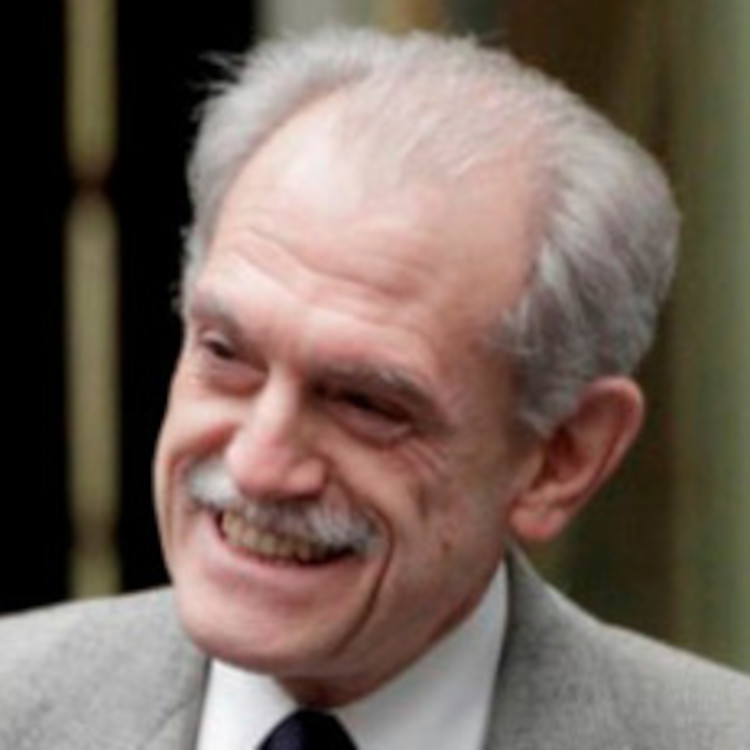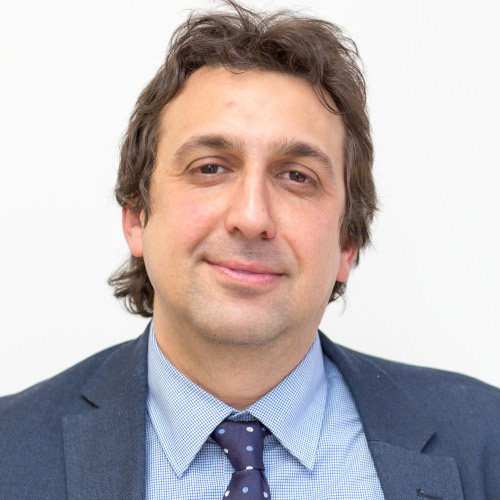The IIT Foundation is also subject to the audit/control of the Corte dei Conti under the Article 12 of Law 21 March 1959, No. 258.

The Board is responsible for planning and approving the Institute's primary strategies. It consists of fifteen highly qualified members, one of whom is appointed as Chairperson. These members represent the fields of science, economics, industry, and civil society. The Board ensures the Foundation's excellence and manages the use and allocation of resources. More specifically, it proposes strategic and operational guidelines, approves long-term work programs, deliberates general operating regulations, and periodically evaluates the Foundation's results and overall progress. Board committees can include external members. Board members must meet the requirements of independence, integrity, and professionalism and are selected based on these qualities, ensuring adequate representation of various categories in the fields of science, economics, industry, and civil society. Board members serve for a term of four years and may be reappointed for only one additional term. The Board decides on new appointments or the confirmation of existing ones. The Board may also be joined by three additional honorary members, without voting rights. Board members cannot participate in other Foundation bodies or operational structures.
The Executive Committee oversees both ordinary and extraordinary administrative activities, establishes management criteria, and adopts activity programs. It is composed of five members – the President, the Scientific Director, and three additional members. The members of the Executive Committee are appointed by the Board for a period of 4 years and may be reappointed, at the first expiration, for no more than two additional terms. The Executive Committee's responsibilities include seeking board approval for strategic plans, preparing and approving the annual budget, submitting financial statements to the Board of Statutory Auditors and the Board (as applicable). It issues and modifies guidelines and operational policies, presents proposals to the Board to amend the general operating regulations on relative matters; appoints, upon the President's proposal and in consultation with the Scientific Director, the Director General; appoints the heads of control functions, members of the Technical-Scientific Committee, the Technology Transfer Director, administrative and research structure managers.
Serving as the Foundation's legal representative and the Executive Committee's Chairperson. The President manages relations with the Board, supervises and oversees the Institute's performance, coordinates assigned functions, and liaises with supervisory institutions and administrations. The President is appointed by the Board for a period of four years and may be reappointed, at the first expiration, for no more than two additional terms.
Responsible for implementing strategies and managing the Institute's operations, the Scientific Director defines the scientific plan, coordinates scientific and administrative functions, and executes resolutions adopted by the Executive Committee. The Scientific Director is selected from a pool of highly qualified experts through an international call and is appointed for a term of four years. The Scientific Director may be reappointed for no more than two additional terms upon the first expiration. The Scientific Director undergoes an annual evaluation by the Scientific Technical Committee and the Board.
Responsible for administration, finance and control, human resources, purchasing, legal and litigation, and environment and safety activities. The Director General is also accountable for activities expressly delegated by the Executive Committee. The Director General is selected from a pool of highly qualified experts who possess the requisite integrity and professionalism. The Director General is appointed by the Executive Committee based on the proposal of the President, after consulting the Scientific Director. The term of appointment is three years, with the possibility of reappointment.
Comprising three members, one of whom serves as Chairperson, the Board of Statutory Auditors ensures compliance with laws and internal regulations, proper accounting practices, and reports their assessments to the Board. Members serve a five-year term and may be reappointed for one additional term.
The Scientific Technical Committee (STC) performs a general advisory and technical-scientific evaluation function for the research activities carried out by the Foundation. It provides opinions and evaluations to the President and the Executive Committee on the following matters: (i) the scientific quality and relevance, and potentially the technological and industrial aspects, of research programs and other scientific and technological initiatives; (ii) the strategic plan; (iii) the allocation of funds, verifying the appropriateness of funding requests and analyzing the consistency of proposals with the overall strategy of the Foundation; (iv) the progress of research projects; (v) it may also report to the Board, if specifically requested by the Board, through the Chairman, on topics within its competence. The STC reports to the President of the Foundation and, functionally, through the President, to the Executive Committee. The members of the STC are appointed by the President of the IIT Foundation, in consultation with the Executive Committee, for terms of up to five years and may be reappointed. The STC is composed of a maximum of twenty external members, chosen from representatives of the scientific, technological, industrial, and professional communities, with high qualifications in the relevant fields of the Foundation, significant experience, and recognized authority.
Audit, Risk Management & Compliance Directorate
The Audit, Risk Management & Compliance Directorate provides independent and objective assurance and advice to management and governing bodies on the adequacy and effectiveness of the internal control and risk management system, in order to support the achievement of organizational objectives.
